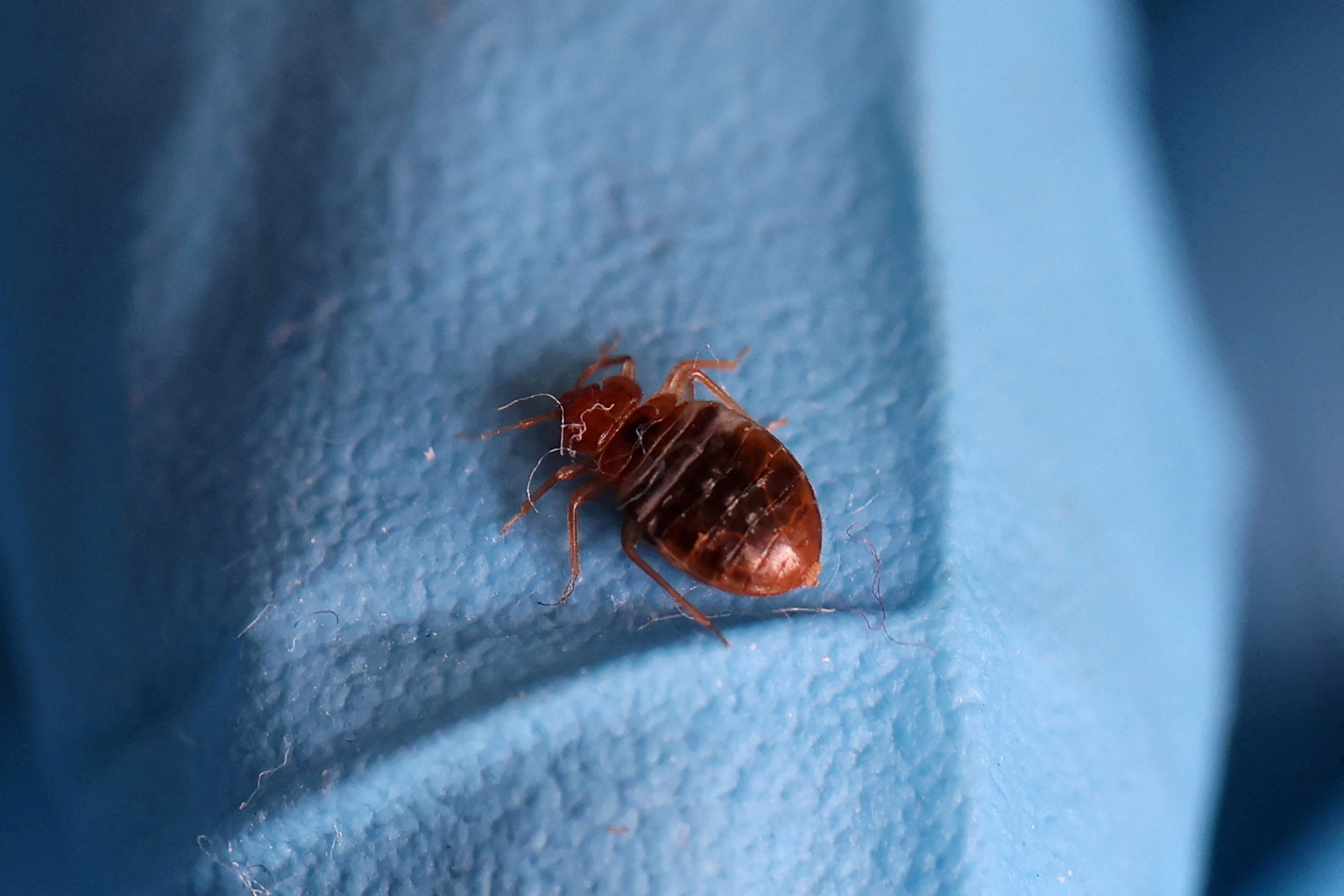Professional Kings Pest Control Services Cincinnati OH
Professional Kings Pest Control Services Cincinnati OH
Blog Article
Kinds Of Insect Control: Which Approach Is Right for Your Infestation?
When confronted with a parasite infestation, the choice of an ideal technique for insect control is important in effectively managing the circumstance. From chemical therapies to organic remedies, there exists a variety of techniques that can be utilized to attend to various kinds of parasites. Each approach comes with its own set of benefits and considerations, making the decision-making procedure a nuanced one. Understanding the nuances of each approach and evaluating their compatibility with the specific pest infestation at hand is important for accomplishing long-term success in pest management. By exploring the various kinds of parasite control approaches readily available, people can make educated decisions tailored to their unique circumstances, ensuring an extra lasting and efficient end result in bug elimination.
Chemical Parasite Control
Chemical bug control involves using synthetic or normally derived chemicals to handle and eradicate pest populaces effectively. This technique is commonly used in agriculture, forestry, and property setups to fight a vast variety of parasites, including weeds, rodents, and pests. The use of chemical pesticides can supply quick and targeted options to pest problems, making it a prominent selection for many individuals and organizations.
One of the essential benefits of chemical pest control is its ability to quickly remove pests, minimizing the threat of damage to crops, property, and human health and wellness. By making use of specific chemicals that target particular insects, this approach can properly control infestations while reducing damage to valuable microorganisms and the environment when applied correctly.
Nevertheless, using chemical bug control additionally elevates problems concerning potential adverse effects on non-target species, water sources, and human health. It is important to comply with security guidelines, apply chemicals properly, and think about alternate insect control methods to lessen these risks and make certain lasting parasite monitoring techniques.
Organic Insect Control
Biological insect control, also called biocontrol, makes use of living microorganisms to decrease and manage pest populaces normally. This technique utilizes the power of nature to control parasites without the requirement for synthetic chemicals. Biocontrol can involve the intro of all-natural opponents of the pest varieties, such as pathogens, predators, or parasites, to subdue bug populations. By utilizing the parasite's natural killers or microorganisms, biological parasite control uses a lasting and ecologically pleasant option to pest administration.

Mechanical Insect Control
Utilizing physical and manual methods to manage pest populaces, mechanical parasite control uses an alternate technique that does not depend on making use of living organisms or artificial chemicals. This approach includes making use of barriers, catches, or various other devices to physically deter or eliminate bugs. By blocking pest access factors or setting up traps to capture them, mechanical bug control can successfully decrease infestations without presenting chemicals into the environment.
One usual instance of mechanical insect control is the use of mesh displays on doors and windows to stop bugs from entering structures. This basic yet effective approach functions as a physical barrier, maintaining insects out while enabling appropriate ventilation. In addition, gadgets like mousetraps, fly swatters, and ultrasonic repellents drop under the mechanical bug control category.
While mechanical bug control methods can be labor-intensive and call for regular surveillance and maintenance, they supply a sustainable and eco friendly service for taking care of insect problems. By combining various mechanical techniques, building owners can create a detailed pest control method that minimizes reliance on chemical pesticides.
Physical Parasite Control

Some common physical pest control approaches Web Site consist of using barriers such as screens or webs to stop pest access, catches to capture and remove bugs, and hand-picking to literally remove bugs from plants or structures. Additionally, methods like warm treatments can be made use of to control bugs like bed insects visit here by raising the temperature to levels that are deadly to the insects.
Physical parasite control is specifically helpful in integrated parasite administration (IPM) strategies, where numerous bug control methods are incorporated for efficient pest administration while reducing using chemicals. By using physical pest control strategies, individuals can properly deal with pest invasions with minimal ecological influence.
Integrated Bug Management
When carrying out physical pest control techniques as component of insect monitoring techniques, Integrated Parasite Management (IPM) becomes a comprehensive technique that leverages various methods to properly control pest populations. IPM concentrates on long-term prevention of parasites through a combination of organic, social, physical, and chemical tools tailored to details pest problems. By incorporating numerous control strategies, IPM aims to lessen the threats related to insects while likewise lowering reliance on chemical services.
One secret facet of IPM is the focus on monitoring and evaluating pest populations to figure out one of the most appropriate control methods. This positive technique enables very early treatment and targeted approaches, leading to more efficient insect administration. Furthermore, IPM advertises eco-friendly techniques by focusing on non-chemical control approaches and just utilizing chemicals as a last option.
Verdict

By utilizing the bug's all-natural killers or pathogens, biological bug control supplies a environmentally friendly and sustainable solution to pest management. - Kings Bed bug exterminator Cincinnati
Making use of manual and physical techniques to handle bug populaces, mechanical bug control uses a different strategy that does not count on the usage of living microorganisms or artificial chemicals.A reliable strategy to taking care of parasite populaces without depending on chemical or organic techniques includes flea control the use of physical pest control techniques.When implementing physical pest control methods as component of parasite monitoring techniques, Integrated Insect Management (IPM) emerges as a comprehensive strategy that leverages numerous methods to efficiently control pest populations. Chemical parasite control includes the use of pesticides, organic bug control uses natural killers, mechanical insect control involves physical obstacles, physical bug control includes capturing or getting rid of insects, and integrated parasite administration combines numerous techniques for a holistic strategy to pest control.
Report this page